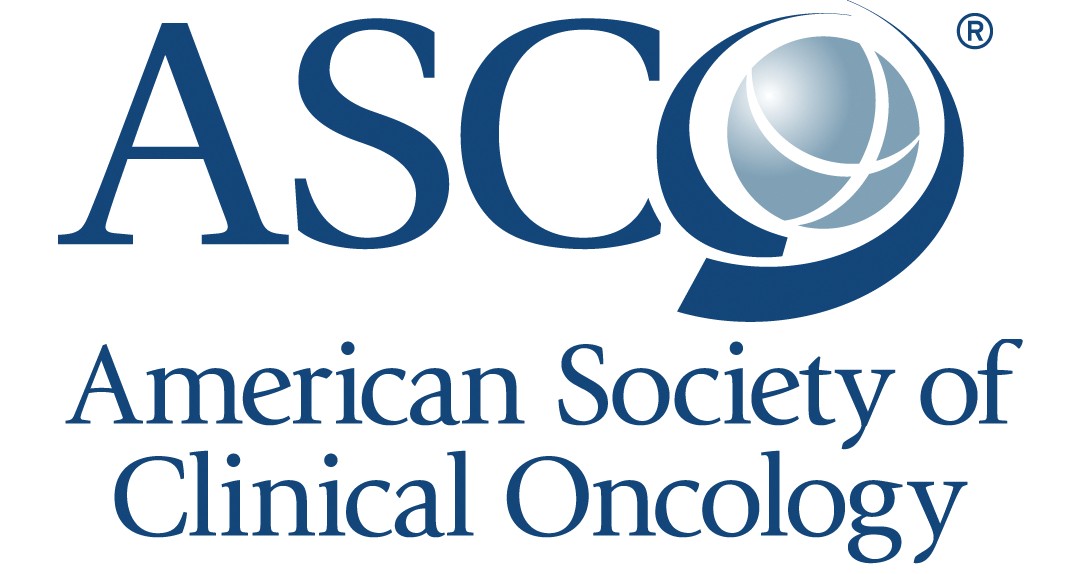Share this Page:
Results from the biomarker analysis from the JAVALIN Renal 101 clinical trial were presented at the American Society of Clinical Oncology (ASCO) Annual Meeting in Chicago this week.
JAVELIN Renal 101 compared the avelumab plus axitinib combination with sunitinib. There were 886 patients in the study, 442 received the combination and 444 received sunitinib. For patients with PD-L1-positive tumours (560 patients, 63.2%), median progression-free survival was 13.8 months in patients receiving avelumab plus axitinib compared with 7.2 months with sunitinib. In the overall population, the median progression-free survival was 13.8 months with avelumab plus axitinib, compared with 8.4 months for sunitinib. Overall survival data are not yet complete.
During the study, the following four blood-based biomarker analyses were carried out:
- PD-L1 expression (n=804)
- CD8 expression (n=795)
- A novel 26-gene JAVELIN gene signature (n=720)
- Mutations and polymorphisms (n=733).
In summary:
- In the avelumab plus axitinib arm PD-L1 positivity did not influence progression-free survival; however, in the sunitinib arm patients with PD-L1 positive tumours had reduced progression-free survival
- Patients whose tumours contained a greater number of CD8+ cells had extended progression-free survival in the avelumab plus axitinib arm and reduced progression-free survival in the sunitinib arm
- The novel JAVELIN Renal 101 gene signature comprised immune-related genes most significantly associated with progression-free survival in the avelumab plus axitinib arm
- Significant treatment-specific differences in progression-free survival were seen in patients with mutations in genes such as CD163L1, DNMT1 or PTEN compared to patients without mutations.
These biomarkers could be used to determine treatment outcomes in advanced renal cell carcinoma (RCC) patients treated with a combination of immunotherapy plus a TKI in the first-line. These biomarkers may also be used to inform personalised therapy strategies for patients with advanced RCC. Work is ongoing to further investigate these findings.














